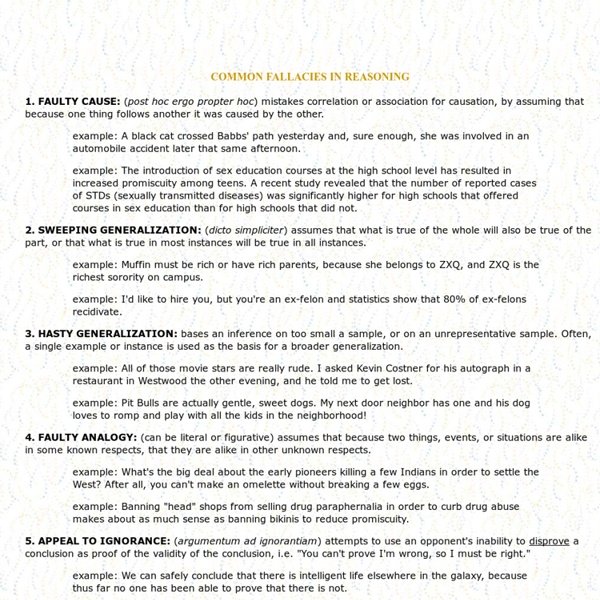The reality dissection fallacy – ART + marketing
Common belief tells us that language carries the meaning in order to communicate. Like a boat would carry merchandise. Wrong.
The Questioning Toolkit - Revised
The first version of the Questioning Toolkit was published in November of 1997. Since then there has been substantial revision of its major question types and how they may function as an interwoven system. This article takes the model quite a few steps further, explaining more about each type of question and how it might support the overall investigative process in combination with the other types.
What Does Your Body Language Say About You? How To Read Signs and Recognize Gestures - Jinxi Boo - Jinxi Boo
Art by LaetitziaAs we all know, communication is essential in society. Advancements in technology have transformed the way that we correspond with others in the modern world. Because of the constant buzz in our technological world, it's easy to forget how important communicating face-to-face is.
How to Disagree
March 2008 The web is turning writing into a conversation. Twenty years ago, writers wrote and readers read. The web lets readers respond, and increasingly they do—in comment threads, on forums, and in their own blog posts. Many who respond to something disagree with it.
25 Beautifully Illustrated Thought-Provoking Questions
A question that makes you think is worth asking… At the cusp of a new day, week, month, or year, most of us take a little time to reflect on our lives by looking back over the past and ahead into the future. We ponder the successes, failures and standout events that are slowly scripting our life’s story.
The Critical Thinking Skills Cheatsheet [Infographic]
Critical thinking skills truly matter in learning. Why? Because they are life skills we use every day of our lives.
Color Psychology
by David Johnson Like death and taxes, there is no escaping color. It is ubiquitous. Yet what does it all mean? Why are people more relaxed in green rooms?
Fallacies
Dr. Michael C. Labossiere, the author of a Macintosh tutorial named Fallacy Tutorial Pro 3.0, has kindly agreed to allow the text of his work to appear on the Nizkor site, as a Nizkor Feature. It remains © Copyright 1995 Michael C. Labossiere, with distribution restrictions -- please see our copyright notice.
Why willpower matters – and how to get it
In the smart restaurant of a very smart hotel in the West End of London, Roy F Baumeister, eminent American social psychology professor, orders a lunch of fish and chips, and then decides not to eat the chips. "I won't eat something that's not good for me unless it's absolutely perfect, and it's going to give me real pleasure," he says. "I'm afraid ... Well, it just didn't look like these were going to do either." What willpower, you might say. You'd be right; the chips looked pretty good.
Top 40+ questions to ask before embarking on any change
Organizational change management checklist Change management: why, how, what, when, who Companies increasingly face competitive pressures related to rapid and continuous adaptation to a complex, dynamic and highly interconnected global environment. When embarking on a change journey – what questions to ask Dealing with or managing any type of change is now a common occurrence in most organizations. In recent years, technological growth, the information age, changes in habits, changes in global economy and the business environment have forced organizations to change the way they do business.
10 Simple Postures That Boost Performance
Psychological research suggests simple actions can project power, persuade others, increase empathy, boost cognitive performance and more… We tend to think of body language as something that expresses our internal states to the outside world. But it also works the other way around: the position of our body also influences our mind. As the following psychological research shows, how we move can drive both thoughts and feelings and this can boost performance. 1.
What is a logical fallacy?
A "fallacy" is a mistake, and a "logical" fallacy is a mistake in reasoning. There are, of course, other types of mistake than mistakes in reasoning. For instance, factual mistakes are sometimes referred to as "fallacies". However, The Fallacy Files is specifically concerned with logical errors, not factual ones. A logical error is a mistake in an argument, that is, a mistake in an instance of reasoning formulated in language.



